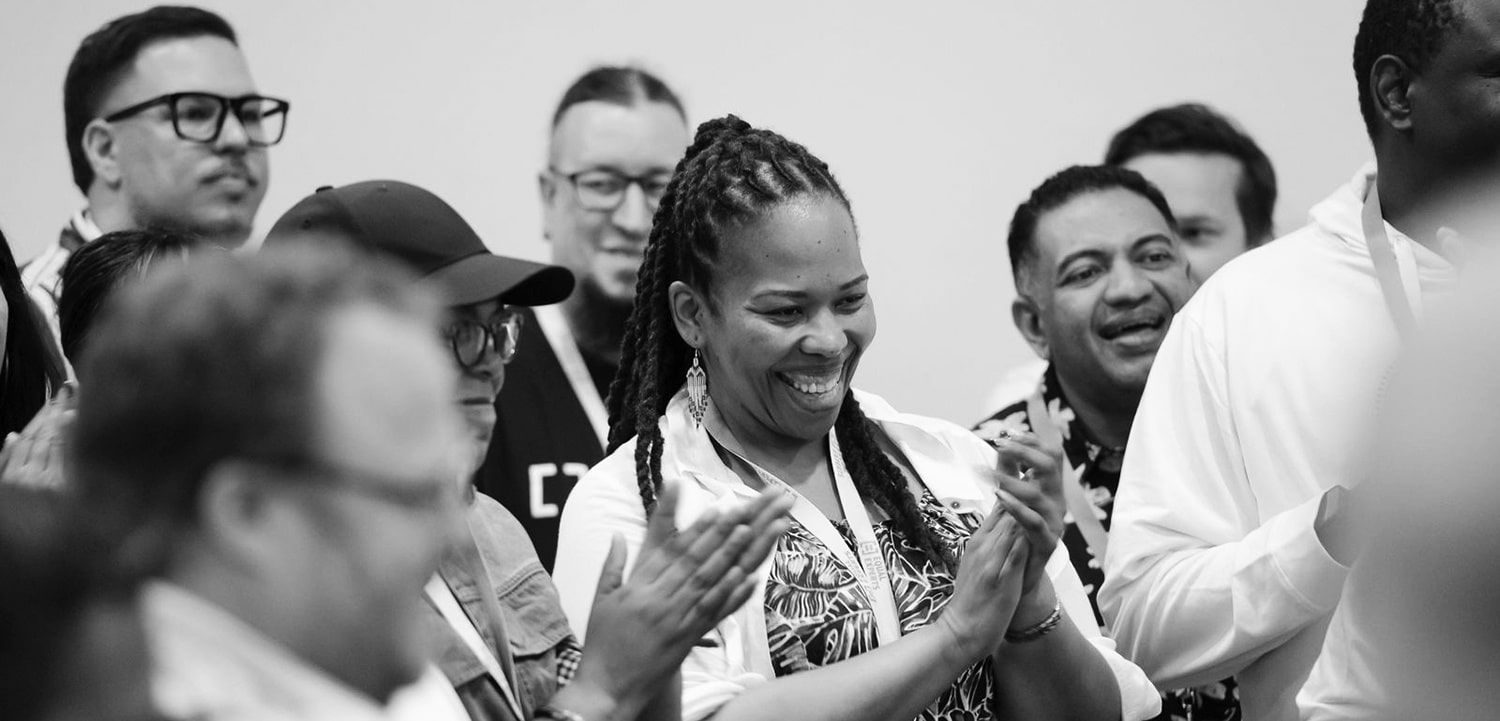Our values
Our values act as principles of how we work with our customers
These six values form the principles of how we work with our customers. They are intended to give all members of the network autonomy in making decisions that are aligned with the way we want to behave, as well as how we want to be recognised.
If in doubt… we always refer to our values.
We deliver as teams of equals
Teams are greater than the sum of their parts. No matter what role people play in a team, they all have something to contribute, and they all have a voice in delivery decisions.
We have a passion for learning over knowing all the answers
We may have Experts in our name, but we do not pretend to know all the answers. We hire experienced people who value ongoing learning.
We prioritise outcomes over approach
We work in complex and highly dynamic environments where understanding the context is vital. We’re not interested in a cookie-cutter approach.
We seek customer success over our own short-term interests
We thrive by our reputation, so the only way to guarantee our future success is to do what’s right, right now, for our customers.
We narrow our focus but widen our context
We deliver concrete value as early as possible by quickly identifying key opportunities, but framing them within the wider organisational context.
We bring step-by-step change
It can be tempting to look for a WOW factor, but we know that lasting change is best achieved through small practices that build towards larger transformation.
Our Team Charter

We have the utmost respect for all our customers, something that is reflected in our team charter. It sets out the Equal Experts way for all the teams that work on-site and remotely with customers and acts as a useful reminder for all consultants on how to navigate the day-to-day when working on-site or remotely with a customer and colleagues.
Join Equal Experts
Be part of a global network of experts
If our values resonate with you and you share our attitude to ways of succeeding, you might be interested in joining the Equal Experts network.
Take a look at our current opportunities and find out more about what makes Equal Experts unique on our join us page.
